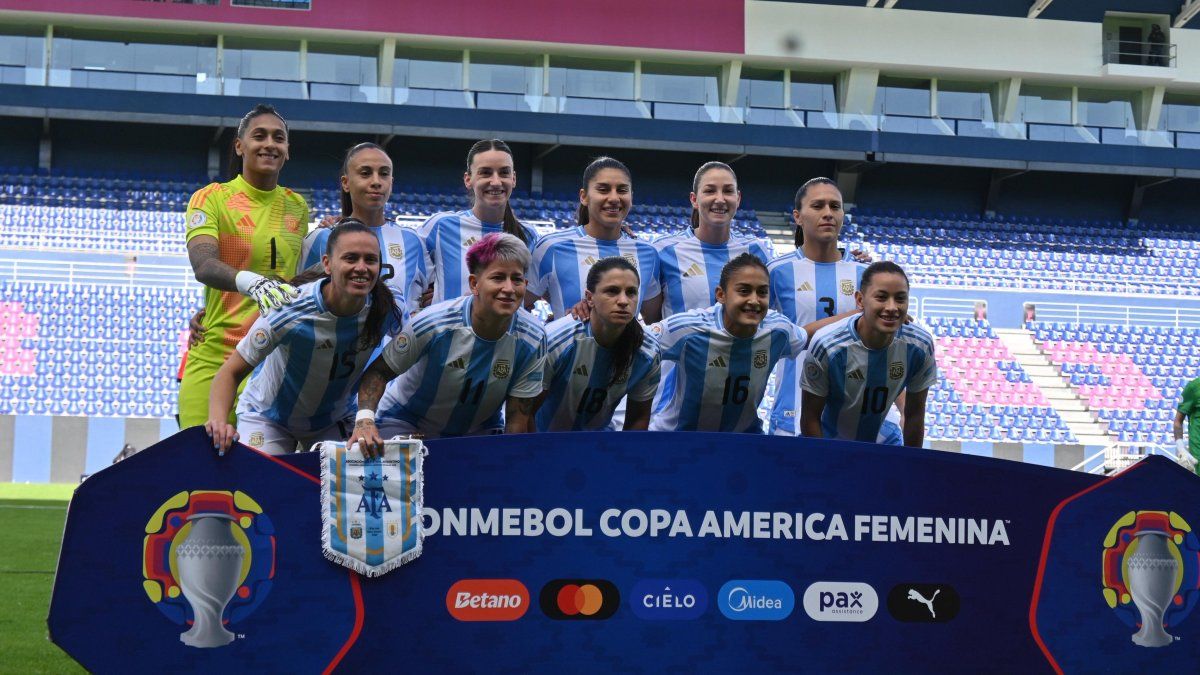The economic situation in the automotive industry deteriorated in the first half of the year. Sales and profits are falling worldwide. German manufacturers are also suffering a setback.
The global automotive industry is weakening – and the setback for German car manufacturers has continued in the first half of the year, according to a study. Earnings in particular plummeted: Volkswagen, BMW and Mercedes-Benz together made an operating profit (EBIT) of 25.9 billion euros from January to June. That was 18 percent less than in the same period last year. This is the result of an analysis for which the auditing and consulting company EY evaluated the financial figures of the 16 largest car manufacturers in the world.
Compared to the same period last year, sales for all companies rose by 3.7 percent to just over one trillion euros in the first half of the year. However, earnings before interest and taxes (EBIT) were 80.4 billion euros, 7.8 percent lower than a year earlier. With a profit increase of around 37.1 percent and 14.2 percent growth in sales, the Japanese car manufacturers in particular performed well: This was due to the ongoing decline in the value of the yen, which makes Japanese products cheaper abroad and leads to exchange rate gains.
Profits could come under further pressure
EY market observer Constantin Gall said: “The profit growth of Japanese manufacturers based on currency effects glosses over the much worse profit situation of the automotive industry.” Most other manufacturers are therefore struggling with heavy losses. “In view of high investments in electromobility, delivery problems with components, problematic model changes and discount campaigns, profits will come under even further pressure.”
Gall predicts cost-cutting measures across the board. Manufacturers have only limited influence on regulatory conditions. “It is therefore all the more crucial that they optimize their internal structures, make cost savings and at the same time invest very specifically where it will help them to emphasize their own brand essence and their own performance promise.”
Kia is the most profitable car company
The profitability of manufacturers was under pressure in the first half of the year: the average EBIT margin, which compares operating profit to sales, fell by one percentage point to 8.0 percent. The most profitable car company was Kia, with 13.1 percent. The South Korean company leads the ranking ahead of Mercedes (10.9 percent) and BMW (10.8 percent), both of which had to accept a drop in margin compared to the previous year. The margin of the electric car manufacturer Tesla also fell significantly compared to the previous year – from 10.5 to 5.9 percent.
EY expert: The party is over
Gall concludes: “The party in the auto industry is over.” The negative trend in sales has recently accelerated. After a decline of 0.6 percent in the first quarter, the decline from April to June was 3.3 percent.
There are no signs of a quick improvement. The economy is weak and customers’ willingness to buy is low, said Gall. Added to this is the uncertain future of the combustion engine and home-grown problems such as expensive software failures.
According to Gall, manufacturers are now faced with difficult investment decisions in this situation: “Should they continue to invest significant sums in the development of new electric vehicles or should they concentrate on combustion engine models, which are currently in much higher demand?”
Source: Stern




